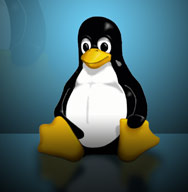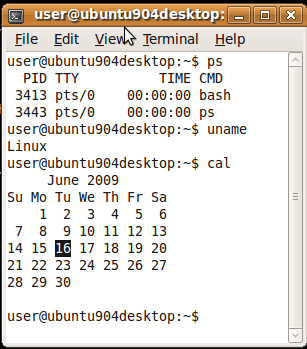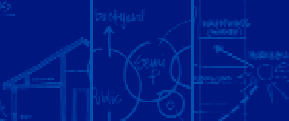Made some minor style-tweaks to the home page. The text you're reading now, for example, is slightly less-bright (easier on the eyes), while the links are a little brighter .. than they were before. (Might have to refresh your browser to load the revised style sheet.)
 Visited-links in the sidebars are now slightly less-bright (grayer) .. than un-visited links. Used to be no diff.
Visited-links in the sidebars are now slightly less-bright (grayer) .. than un-visited links. Used to be no diff.
Been studying more CSS. Becoming very comfortable tweaking styles. Fine-tuning. Easier for me to determine what I don't like, than what I do.
Oh, the date is also slightly brighter (whiter) .. than the rest of the text, and has a "text-transform" property applied to make it » UPPERCASE .. via a span tag with 'date' class attribute.
Upgraded the Rad blog to the newest version (4.32), which was released a few days ago. Way easier, now that I have Linux shell skillz & a VPS. Five minutes instead of 2 hours.
Movable Type v5.0 will be coming out soon. Currently at » beta-3. I normally install NEW versions of whole-number upgrades, rather than upgrading previous installations. Keeps the number of blog-entries down for a given installation.
Currently have 167 entries on MT 4.x. Lots of entries tend to make the blog respond sluggishly (when rebuilding). That would be » Ye Olde Rad Blog IV. (Started with v2.63 .. in May 2003.)
Considering installing a wiki (software). Can't hurt. Might help. Would be a place (beside the forum) where folks could post & reference their own info/content. Might be a good learning experience, too.
I have no experience with wiki's .. other than searching Wikipedia. Not sure which one would be best. So many choices. Ideas? Saw this comparison. Nigel once recommended Dokuwiki (I think) as a well-coded (PHP-based) piece of software.
The Dokuwiki download is 1.7 MB. (Compare that with the Movable Type download, which is 4.6 MB.) An über comparison of all Wiki's and their features is posted » HERE. Meanwhile Wikipedia, the mother-of-all wiki's, uses MediaWiki, which is both free & Open Source.

 Where Programming languages are concerned, expressiveness might be the ability to DO a lot with a little.
Where Programming languages are concerned, expressiveness might be the ability to DO a lot with a little. Copy-n-paste snippet (minor Rad-editing for brevity):
Copy-n-paste snippet (minor Rad-editing for brevity):


 How can $50 billion not be enough? That's billion with a 'B' .. as in » $50,000,000,000.00 .. enough to turn 50,000 paupers into millionaires .. 25,000 hobos into multi-millionaires. Feed the hungry (steak & lobster for a lifetime).
How can $50 billion not be enough? That's billion with a 'B' .. as in » $50,000,000,000.00 .. enough to turn 50,000 paupers into millionaires .. 25,000 hobos into multi-millionaires. Feed the hungry (steak & lobster for a lifetime).


